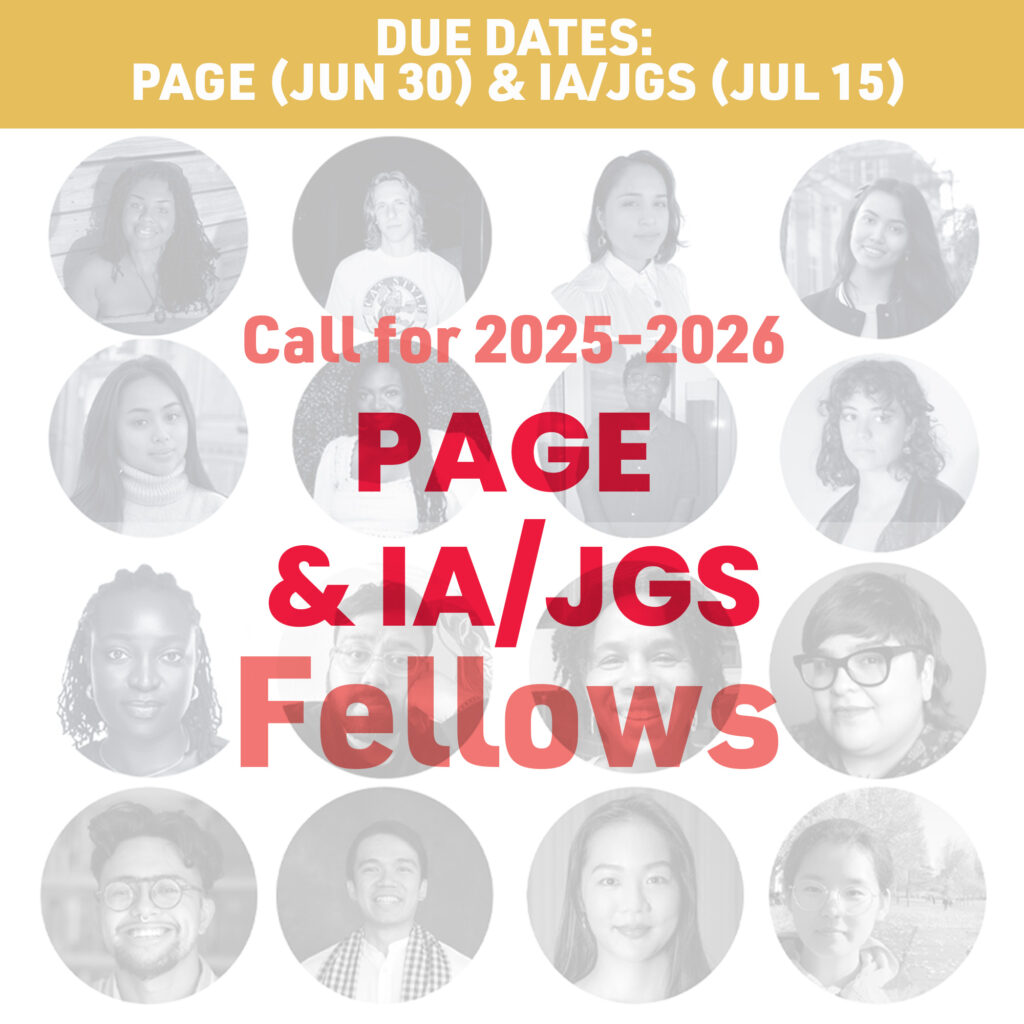Double Exposures
By Abigail Lee, Ph.D. student in English Literature at the University of North Carolina – Chapel Hill and a 2018-2019 Publicly Active Graduate Education (PAGE) Fellow. This PAGE Blog Salon explores themes of citizenship, intersectional activism, and public scholarship, important topics of the upcoming Imagining America national conference, Oct. 19-21, 2018, in Chicago, Illinois.
A hayfield and my outline pointed beyond the frame.
My sister overlapped at the edge of a waterlily pool in Seoul.
Light on leaves and light on leaves and light on leaves.
I’ve come to think of my positionality and identity as a kind of double exposure, akin to a visualized double consciousness. A little accidental, a little intentional. Overlapping, accretive, and relational. One image laid on another, light burned through both, like the ones I capture on film.
As a Korean-American woman growing up in the new South, creating coalitions with others has been an important part of negotiating my identities. In fact, as the daughter of a White mother and Asian father, my identity itself is a kind of coalition; I’m both at once and neither at the same time. White groups know I’m not only White, and Asian groups know I’m not only Asian. I am intimately familiar with the difficulties in balancing, integrating, and celebrating difference, but have found that the more I acknowledge and honor the heritages I embody, the more grounded I am in a love of difference.
This attunement to intersectional identities, overlapping spaces, and unifying coalitions resonates in my research. I study film, TV, and other visual storytelling media, especially works that feature collaborative work across racial borders between Asian and Black artists. I am interested in how we might re-imagine the Human, reshaping it to refer to ways of being together, rather than a static identity predicated on excluding certain groups. In my work as an instructor in North Carolina prisons I am committed to work that combats shared oppressions and negotiates shared visions for a more equitable future. I am working toward a future project to create a course with incarcerated students enrolled in UNC classes and on-campus students. In 2017, about 8{a5aa8e8fb804c3dc04a21a9abb7648e870aeb1ca737055c49c07cc0151b06dfc} of the undergraduate on-campus population identified as African American, as compared to about 22{a5aa8e8fb804c3dc04a21a9abb7648e870aeb1ca737055c49c07cc0151b06dfc} of the North Carolina population statewide. UNC-Chapel Hill is clearly failing to adequately serve the minority publics of our state, who are drastically over-represented in prisons. My dream is that these connections might reframe what citizenship means for on-campus students, showing them the ways that rights discourses have been consistently used to strip minority groups of those same rights, how the right to liberty and justice is not equally available or applied. For incarcerated students, I hope that connecting with on-campus students will offer spaces in which they are seen as experts and peers, rather than inmates.
I know personally that double exposures are not always beautiful or simple. Being many things at once or bearing mixed and doubled identities can be a wrenching, confusing, and painful experience. Sometimes the film cannot take that much light and retain an image. It returns to me seared into a field of white, flared with red at the edges of the frame. Collaborations come apart, communication fails, but still, light continues to tumble down onto us. I try to turn my face toward it.






